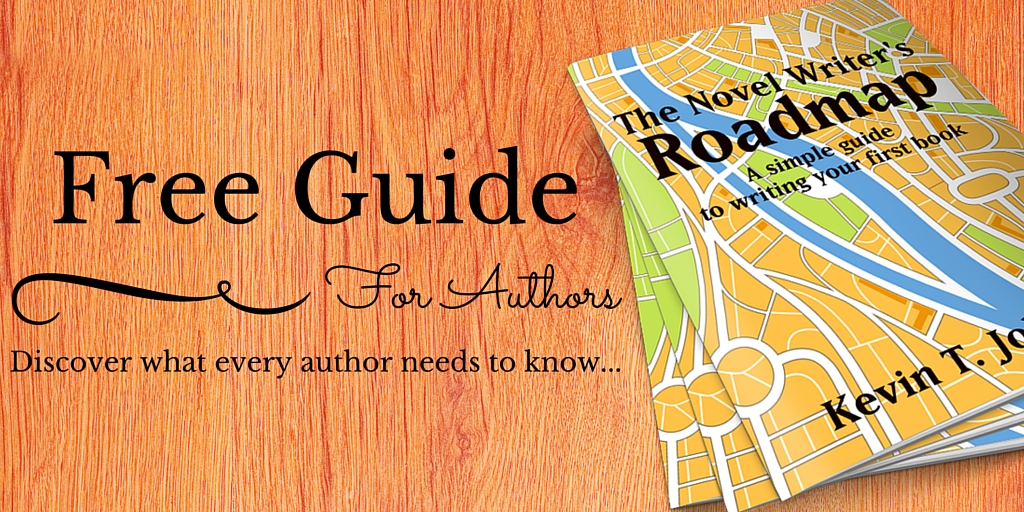The dichotomy between plan and execution can be a difficult and frustrating concept to come to terms with. In fact, I’m certain it’s why many people give up on artistic endeavors like writing a novel.
Part of the process of turning pro, as an author or writer, involves coming to terms with the fact that the final version of the story/magazine article/blog post that ends up on the page or screen is never as good as the version you had in your head.
Working as a writing coach, I have spoken with many writers who successfully completed NaNoWriMo (writing a 50K word manuscript in 30 days), but never published the book they wrote. The manuscript didn’t turn out as perfect as they had hoped or intended, and rather than revising their first draft and improving on its weaknesses, they put the book in a drawer and gave up on it.
As Ira Glass notes in his much-quoted observation, “All of us who do creative work, we get into it because we have good taste. But there is this gap. For the first couple years you make stuff, it’s just not that good. It’s trying to be good, it has potential, but it’s not. But your taste, the thing that got you into the game, is still killer. And your taste is why your work disappoints you.”
This sense of disappointment can be crippling if a writer has not prepared themselves for it. Until you accept your own imperfections as a writer, you’ll forever be chasing the ‘perfect version’ of your story, and thus forever disappointed by your creative output.
When grappling with my own gap between taste and ability, I often return to the concept of “mimesis” as discussed by Plato and Aristotle. For these ancient Greek thinkers, mimesis meant to copy or imitate.
According to Plato, all things in the material world including art were a lesser copy of the more perfect metaphysical version of that thing or concept. A chair here on earth, no matter how beautifully constructed, would never be as perfect as the true version of that chair in Heaven. The same went for poetry.
Aristotle argued, contrary to Plato, that “the arts have a certain healing power because they are imaginative, and that the healing catharsis of tragedy is generated only because they are imitative and detached from reality.” (New World Encyclopedia entry on “mimesis”)
As such, rather than getting down on yourself and your art and labeling it as a poor imitation of what you intended to create, I urge you to embrace the dissidence between the real and the imagined. You are never going to achieve that perfect vision that exists in your mind, but, as Aristotle notes, there is value in imperfection.
I’ve told you this before: Why Writer’s Shouldn’t be Perfectionists, and so has Seth Godin: Polishing Perfect.
Stop chasing metaphysical perfection. Embrace the gap between taste and ability. Put words to the page and then put your writing into the world.
—
Enjoy this article? You’ll love my book, Smash Fear and Write like a Pro:
Do you know the 12 ESSENTIAL steps to creating a novel readers will love?
Drop your name and best email address into the form below to access your free copy of The Novel Writer’s Roadmap, a short and simple guide to writing your first book. It’ll walk you through the 12 essential steps to writing and publishing a novel readers will fall in love with.
I value your privacy and would never spam you









